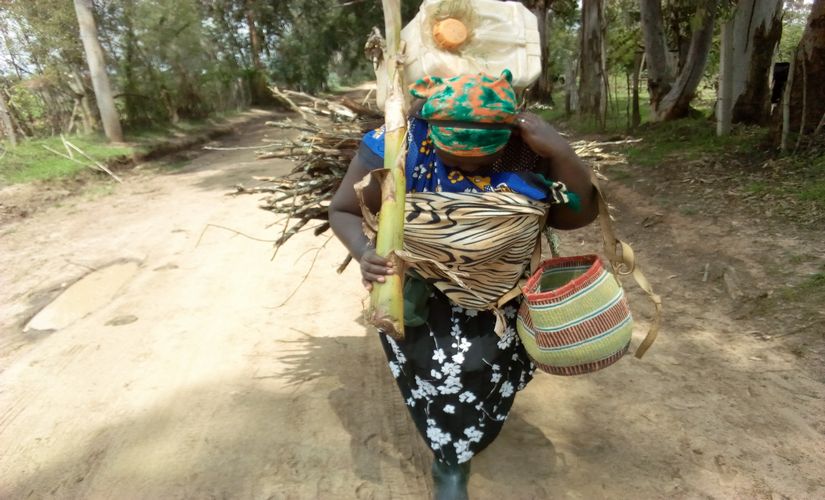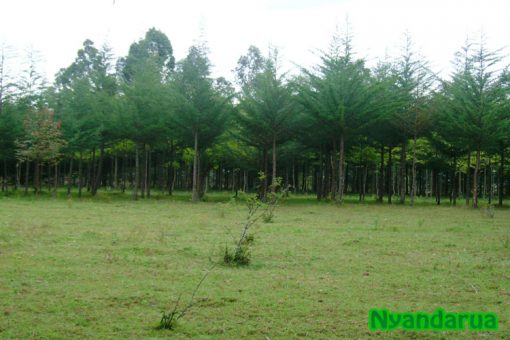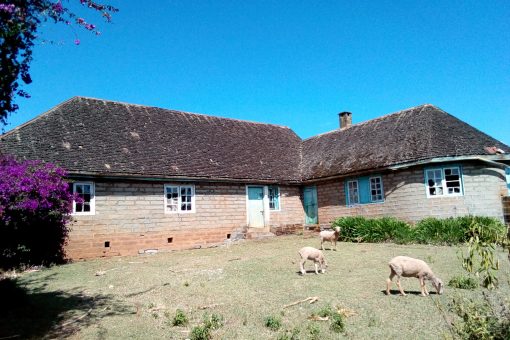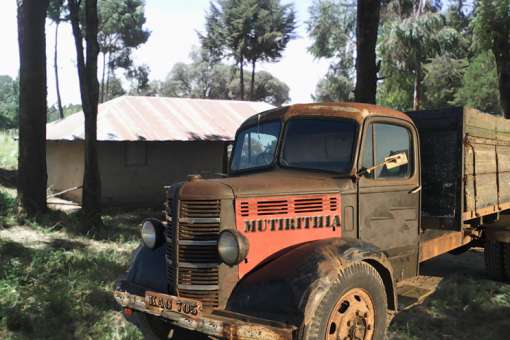After the news on the attempted coup and the uneasy calm that followed, my father found it necessary to talk to us about those events. My father was always talking to us. He had a lot to say about life in general, which he usually broke down to our current situations. We called those talks “lectures” or “kamukunjis”. We hated those Kamukunjis. We felt they were a waste of our precious time, and wondered why our father was so determined to bore us to death, while we had exciting lives to lead where such lectures had no place in those perceived utopias. But he never stopped. He talked to us when we were young going to Munyeki, he talked more when we went to high school, he talked longer when we went to college and talked even longer and deeper when we started working and started our families.
That first week of September 1982, before we went back to school, our father sat us down as usual for a kamukunji. He reflected on the events of the previous month when the attempted coup happened. You could see tension in his jaw as he chose his words carefully to make us understand our responsibility as citizens of our country.
He started by telling us that nobody who lived through the horrors of the war of our country’s independence, just over a decade earlier, would want a repeat of what happened in August of 1982. For the first time in our young lives, our father painted for us a picture of his youth at the height of the MauMau uprising. He talked of family and friends who died in mysterious circumstances, leaving families forever wondering what happened to their loved ones, with no one to inquire from, or any legal system to investigate and put a stop to those injustices. Our father, for the first time, told us how he lost his father when he was only 15 years old. He had to seek employment to help his mother raise his three younger siblings. His older brother, two years his senior, had died in his teenage years and nobody knew where or how he died. That was a common occurrence for many families, never getting to say goodbye to their loved ones or the chance to give them a decent burial. Those circumstances were dire enough to make every person, young and old, male or female want to participate in any cause that could drive the colonists out of their land. The resistance caught fire, and so did the mistreatment from the colonists.
My father talked of the uncertainty that every new day brought, not knowing if that would be the day you got killed, or the day you witnessed your family and friends killed in cold blood. You did not know if that was the day you got hauled off to unknown destinations for detention, and when that happened, you did not know if you will ever see your loved ones again. My father lived with that uncertainty all his youth like his fellow freedom fighters and surely his day came in 1952 when he was shipped to Lamu Island, where he stayed for seven long years, leaving his young bride with toddlers to raise on her own.
He described how normalcy was shredded by that war. Native people, including my young mother, worked in the factories and plantations of the colonists all day long earning meager wages. Women left work on the colonists farms at 4pm, picked up their children from the cages where they were held during the day, hurried to their tiny farms to gather ingredients for their families evening meal; all that before the curfew at 6pm when everybody was supposed to be in their houses, failure to which they risked getting shot to death. For that hurried one hour that the women were allowed on their farms, they tied a basket (kiondo) around their waist and quickly loaded everything they harvested in it, so that when the whistle was blown announcing the onset of the curfew, they were able to run home with whatever they had stashed in the kiondo, otherwise they were forced to leave their harvested produce in the fields, meaning they had nothing to cook for their families that evening.
Picture this for just a moment: The women ran while carrying a jerrican of water (mutungi wa maai) on their backs, firewood (murigo wa ngu) loaded on top of the water jerrican, sweet potato vines (miriyo) for their goats loaded on top of the firewood, their infant babies strapped on their chest (mwana na ngoi) a banana stem (muramba) for their cows balancing on one shoulder while the bag of produce they just harvested was in their one free hand. Our mothers were like the Bayusuf hauliers, yet, they ran for their lives before bullets started flying. That was our mothers reality every day of their lives until freedom was won.




